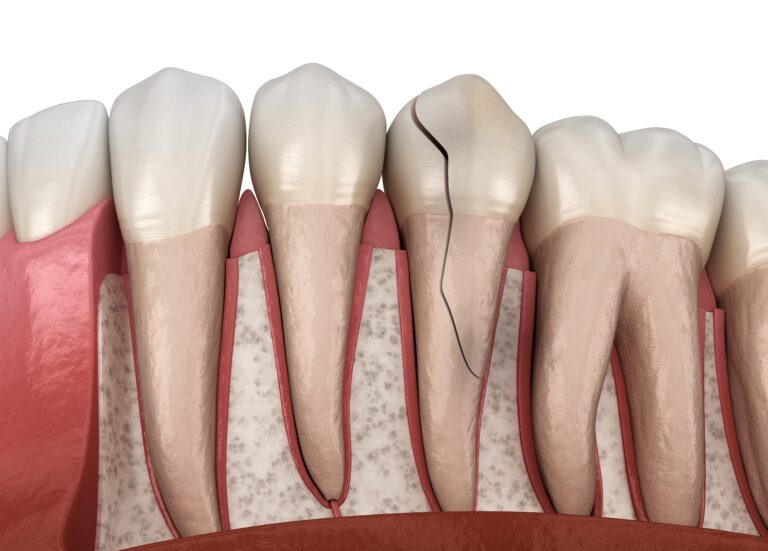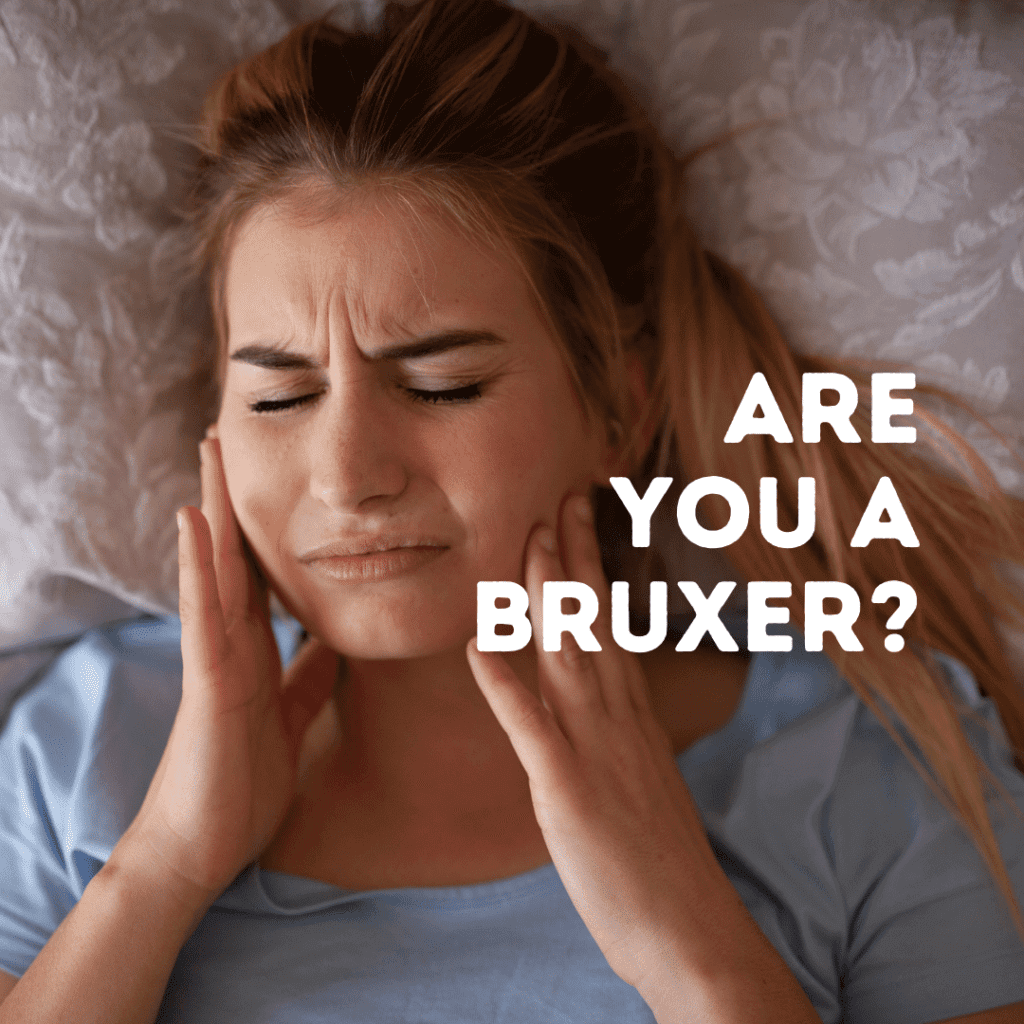Do you grind your teeth at night? If so, you may have bruxism. Bruxism is a condition that involves the grinding of the teeth and/or clenching of the jaw. It can be very harmful to the teeth and can lead to a number of dental problems. In this blog post, we will discuss how to tell if you have bruxism and what treatment options are available.
Bruxism is defined as the grinding of the teeth and/or clenching of the jaw. It can be a very harmful condition that can lead to a number of dental problems. Bruxism is generally brought on by stress, however it can also be caused by an uneven bite or other factors.
Many people who have bruxism are not aware of it, because it often occurs at night while sleeping. However, there are a few things to look for that can tell you if you are a nighttime teeth grinder. The most common symptoms of bruxism are

Damaged Teeth
Bruxism can lead to cracks in the enamel, chipped teeth, and even broken teeth. This is because the constant pressure of enamel on enamel eventually weakens the teeth and makes damage more likely.
Worn Enamel
Even in cases where the tooth enamel does not become damaged, it can still become excessively worn down. If there are parts of your teeth that have started to become flatter and less textured, then this could be a sign of enamel wear.
Tooth Sensitivity
Teeth that are exposed to constant grinding can become very sensitive to hot or cold foods and drinks. In some cases this can be due to damaged or worn enamel. In other cases, tooth sensitivity may have a different cause altogether, so it is important to be evaluated by your dentist.
Pain
Grinding your teeth can cause a lot of pain in the jaw, head, and neck. This is because the muscles in the jaw, head, and neck are constantly being strained, which leads to muscle pain and tension. Additionally, pain can also be felt within the ear canal since this sits just above the jaw joint.
Sleep Problems
Finally, bruxism can also lead to sleep problems. People who suffer from bruxism are often more tired during the day and have difficulty sleeping at night. This is because bruxism can lead to disrupted sleep patterns.
If you are experiencing any of these symptoms, it is important to see your dentist as soon as possible. There are a number of treatment options available for bruxism. One option is to use a night guard. Night guards are designed to protect the teeth from grinding and clenching during sleep. If you think you may have bruxism, talk to your dentist about your symptoms so that they can determine if you are a bruxer.
If you think you may have bruxism, don’t wait to get treatment. The sooner you start treatment, the better chance you have of preventing dental problems. If you suspect that you have bruxism, talk to your dentist today. They can help diagnose the condition and develop a treatment plan that is right for you. Thanks for reading!




